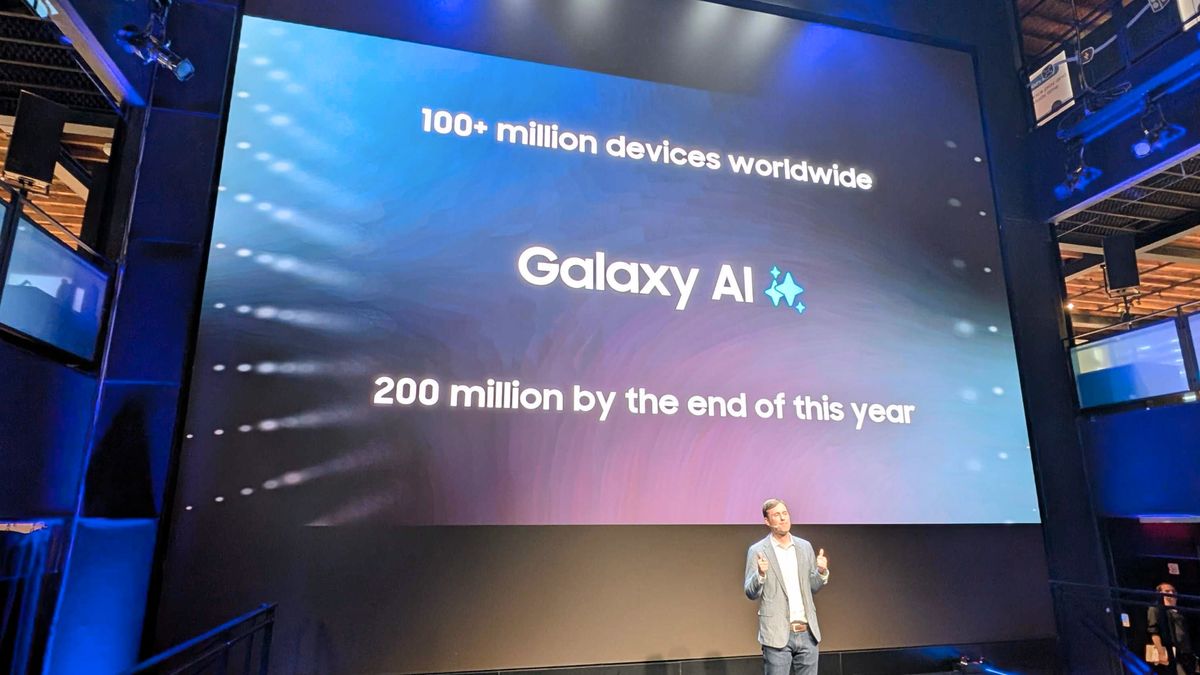Investors searching for income can find some bargains in dividend stocks, according to Ben Kirby, co-head of investments at Thornburg Investment Management. Kirby has long been an investor in dividend-paying equities, which he calls a “timeless” strategy. Not only do you get the benefit of income, but the strategy tends to produce results that are competitive with global markets, he said. Now investors have an added benefit in that dividend stocks are selling at a big discount, he said. “In general, stocks are above their long-term averages [but] dividend-paying stocks are below the long term averages from a valuation standpoint,” said Kirby, who also co-manages the Thornburg Investment Income Builder mutual fund, among others. The discount is “unprecedented” when it compares to growth stocks, he added. The MSCI ACWI High Dividend Yield Index, which tracks global equities with dividend yields, typically trades at around a 30% relative P/E ratio discount to the MSCI ACWI Growth Index, which tracks global growth stocks, he noted. These days, that discount is more like 50%, he said. When looking for the right dividend stock, Kirby wants companies offering solid balance sheets and free-cash-flow, as well as competitive advantages and sustainable profit margins. He also likes to see good governance from a company’s board. “You can really get companies with 5% yield that are truly world class companies, and they’re not shrinking, they’re still growing,” he said. The companies should also have growing or at least stable dividends. He is skeptical of those with very high yields, which may have to cut them. Here are some of the stocks Kirby owns in his funds and that he particularly likes right now. Kirby said there are a number of reasons to own Home Depot , which sports a dividend yield of 2.8%, For one, there is an opportunity for growth, he said. The home improvement retailer has seen 12 quarters of negative traffic growth, but that isn’t going to last, he said. “They continue to take market share within the overall home-improvement space,” Kirby said. Home Depot is also going to benefit from still-strong consumer spending, as well as secular drivers, such as an aging housing stock and demographic trends, as millennials look to move to the suburbs, he added. High home prices are also a good thing for Home Depot, he said. “It means that people feel more confident about their home, and more willing to invest in improving it,” Kirby said. Then there is the stock’s valuation. It has a trailing 12-month price-to-earnings ratio of 22.1, versus the S & P 500 ‘s 25.1. Historically, Home Depot has traded between a 10% to 20% premium to the market, Kirby said. “It’s at a discount at a time that traffic is probably likely to start inflecting up again,” Kirby noted. Home Depot has lost 6% year to date. Another name Kirby likes is Citigroup , which is trading at a huge discount to JPMorgan Chase on a price-to-book value basis. It is also a complicated turnaround story, which could potentially yield upside ahead, he said. The bank announced a corporate reorganization in September. CEO Jane Fraser told CNBC earlier this month that Citi finished the restructuring in March. “Now we’re a simpler bank, and we’re focused on our two priorities, which is driving our business performance and on our transformation,” Fraser said. The company has also been reducing its share count since 2017 at a rate of about 5% a year. If the reductions continue, coupled with the stock’s dividend yield, “that alone will drive a pretty competitive return,” Kirby said. Citi shares are up 20% so far this year and yields 3.4%. Lastly, Kirby believes AT & T , which has a 6.5% dividend yield, is a “compelling investment.” He had previously owned and then sold the stock after the company destroyed shareholder value with bad acquisitions, he said. AT & T bought DirectTV in 2015 before spinning it off as a private company in 2021. It acquired Time Warner in 2018 and then sold it to Discovery in 2022. “The new CEO [and] … a couple of members on the new board understand that the way to create shareholder value here is to stick to their knitting — to just do blocking and tackling, run their core telecom business,” he said. “We don’t need to get into content. We don’t need to be a movie studio. We just need to do cell phones and then broadband.” AT & T also has high free cash flow, with a free cash yield on equity of about 12% or 13%, he said. “All they have to do is pay out half of that as a dividend. Use the other half to pay down debts and once the debt gets down to an appropriate level, then they start buying back shares,” he said. “So this company doesn’t even have to grow to generate a double digit return. But I think they probably will grow 2% or 3%.” On top of that, the stock is trading at a big discount to the sector, he said. AT & T is up about 2% year to date.
This website uses cookies so that we can provide you with the best user experience possible. Cookie information is stored in your browser and performs functions such as recognising you when you return to our website and helping our team to understand which sections of the website you find most interesting and useful.





















Discussion about this post